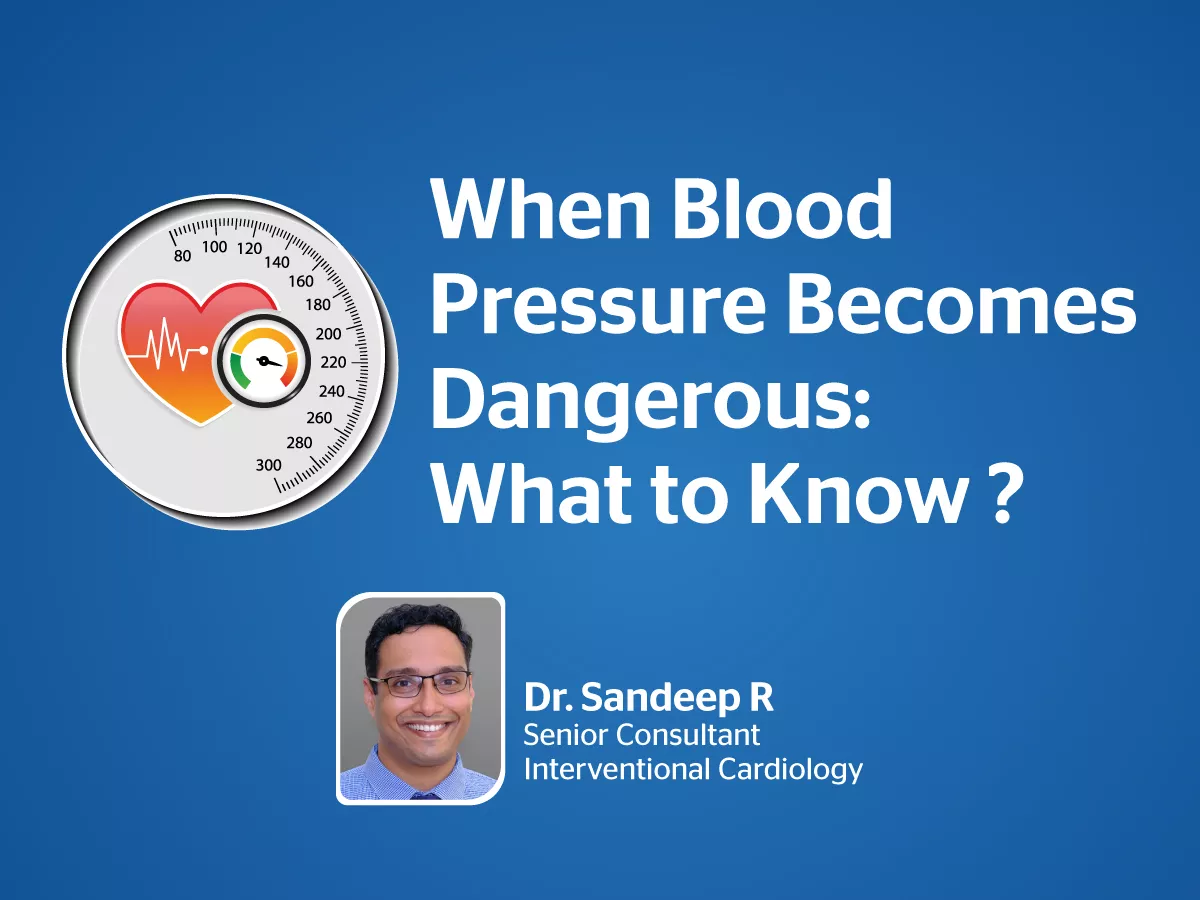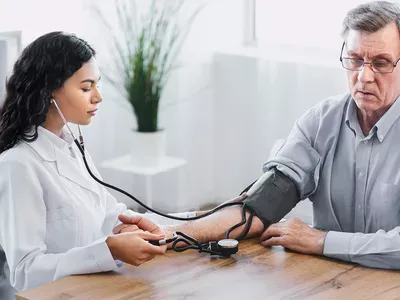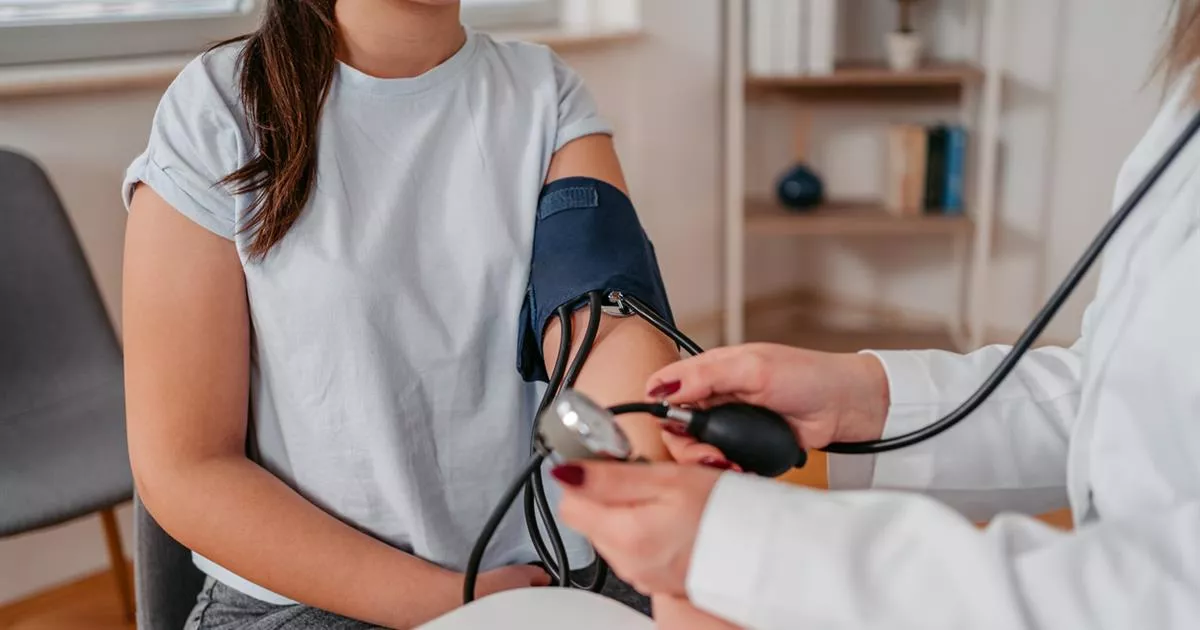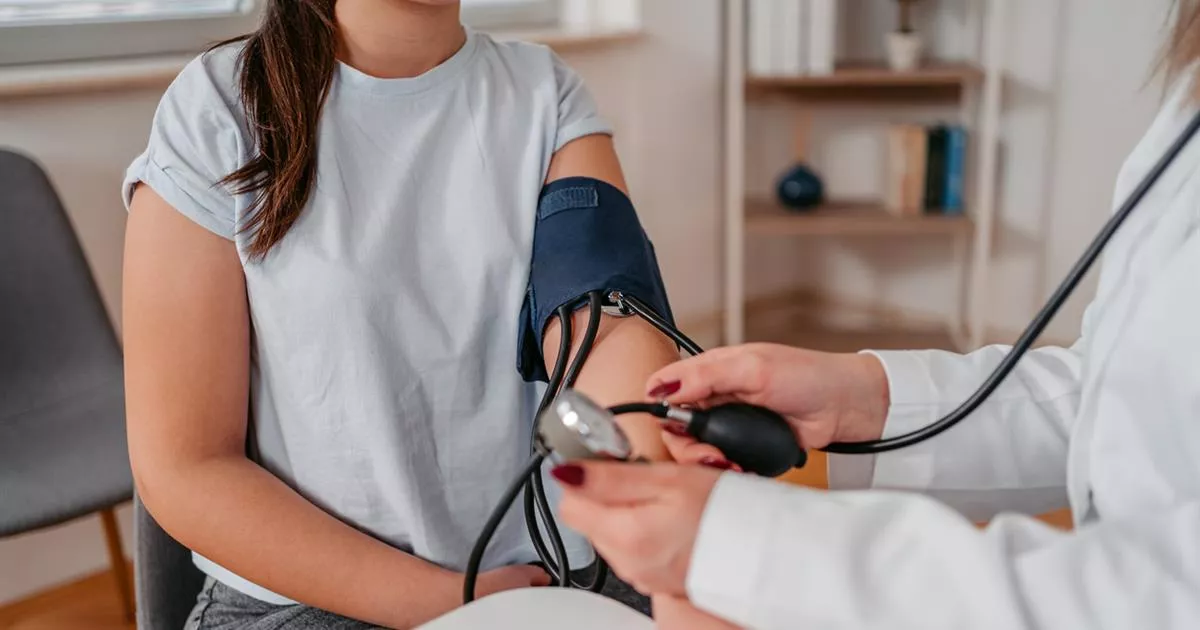When there is no immediate danger or obvious reason, a panic attack is a rapid bout of great terror that results in significant bodily symptoms. Panic attacks may be quite terrifying. You could believe you are losing control, experiencing a heart attack, or even going to pass away when panic attacks strike.
Many people only experience one or two panic attacks during their lives, and the issue usually goes away when the stressful circumstance is over. However, if you've experienced frequent, unanticipated panic attacks and have endured protracted periods of continual anxiety, you may be suffering from a disease known as panic disorder.
Even if panic attacks don't pose as life-threatening, they can nonetheless be terrifying and have a substantial impact on your quality of life. However, therapy is often highly successful.
Signs and symptoms of panic attacks
Typically, panic episodes start abruptly and without warning. Anytime, whether you're driving, in the mall, fast asleep, or in the middle of a business meeting, they can happen. You could experience panic episodes infrequently or regularly.
Although there are different types of panic attacks, symptoms often peak within minutes. After a panic episode, you could be left feeling exhausted and worn out.
Some of these symptoms or indications are frequently present during panic attacks:
- A feeling of imminent calamity or catastrophe
- A hammering, rapid heartbeat
- Fear of losing control or passing away
- Shaking or trembling
- Sweating
- Unsteadiness, faintness, or dizziness
- Throat discomfort or shortness of breath
- Chills
- Feelings of numbness or tingling
- Nausea
- Cramps in the abdomen
- Chest pain
- A hot flash
- Headache
- A sense of unreality.
The tremendous worry that you will experience another panic attack is among the worst aspects of them. You can be so afraid of experiencing panic attacks that you steer clear of circumstances where they might happen.
When should you see the doctor?
If you experience the signs of a panic attack, get medical attention from the top cardiologist right away. Although extremely painful, panic episodes are not harmful. However, panic attacks can be hard to control on your own, and they could worsen if left untreated.
If you are unsure of the source of your symptoms or believe they may be related to another significant health issue, such as a heart attack, it is crucial to see your primary care physician for an evaluation.
Causes of panic attacks
Although the exact cause of a panic disorder or attacks is unknown, the following points might be a contributing factor:
- Genetics
- Having a temperament that is more prone to feeling stressed out or depressed
- Extreme anxiety
- Various alterations in the way specific brain regions work.
Initially, panic attacks may strike unexpectedly and without notice, but with time, they're typically brought on by particular circumstances.
There is evidence to support the idea that panic episodes are triggered by your body's normal fight-or-flight reaction to danger. An innate response would occur in your body, for instance, if a wild animal pursued you. Your body would start to prepare for a life-threatening circumstance by quickening your breathing and pulse rate. An anxiety episode triggers many of the same responses.
Risk factors
More women than males have the symptoms of panic disorder, which frequently appear in late adolescence or early adulthood. The likelihood of having panic episodes or panic disorder may be increased by a number of factors, which include:
- Panic disorder or panic attacks in the family history
- A distressing occurrence, such as a tragic accident or sexual assault
- High coffee consumption or smoking
- Significant life stress, such as a loved one's death or critical sickness
- Significant life changes, including being divorced or having a child
- History of physical or sexual maltreatment during childhood.
Complications
Panic disorders and panic attacks can have a negative impact on practically every aspect of your life if not addressed. Your quality of life may be negatively impacted if you live in constant worry of experiencing more panic attacks.
The following are complications that panic attacks may lead to or be connected to:
- Regular medical attention for medical disorders and health issues
- The emergence of certain phobias, such as a fear of driving or leaving one's house
- Avoiding social interactions
- Financial difficulties
- Other mental problems include depression, anxiety, and others
- Suicidal behaviour or ideas
- Issues in the office or school
- Abuse of drugs or alcohol.
Agoraphobia, which is the avoidance of places or circumstances that make you anxious because you worry you won't be able to flee or find treatment if you have a panic attack, maybe a symptom of panic disorder in some people. Or you can become too dependent on having other people with you when you leave your house.
Treatment for Panic Attacks
- Seek psychiatric help
- Take a break and relax the mind
- Quit / control smoking and drinking
- Yoga, breathing techniques or meditation techniques can help reduce stress
- Counselling and behavioural therapy can also reduce stress
- Avoid caffeine
How to prevent panic attacks
Panic disorder and panic episodes cannot be completely avoided. But perhaps these suggestions will be useful.
- To assist in preventing relapses or aggravation of panic attack symptoms, stick to your treatment plan.
- To prevent panic attacks from growing worse or becoming more common, seek therapy as soon as you can.
- Indulge in regular physical activity, as this may help to ward off anxiety.











